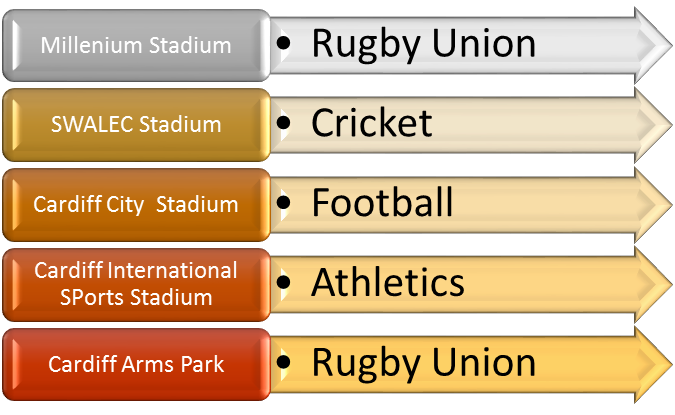Course Content
Module 1: Azure Administration
In this module, delegates will learn about Azure Administrator uses to manage their infrastructure. This module includes Azure Portal, Azure PowerShell, Cloud Shell, CLI, resource manager, and resource manager templates.
Lesson
- Resource Groups
- Azure PowerShell and CLI
- Resource Manager
- ARM Templates
Module 2: Virtual Machines
This module describes Azure virtual machines including planning, creating, availability and extensions.
Lesson
- Virtual Machine Planning
- Creating Virtual Machines
- Virtual Machine Availability
- Virtual Machine Extensions
- Lab: Deploy and Manage Virtual Machines
Module 3: Azure Storage
In this module, delegates will learn about basic storage features, including storage accounts, blob storage, Azure files, and storage security.
Lesson
- Storage Accounts
- Azure Blobs
- Azure Files
- Storage Security
- Lab: Deploy and Manage Virtual Machines
Module 4: Virtual Networking
In this module, delegates will gain knowledge of virtual networks, IP addressing, Azure DNS, and network security groups.
Lesson
- Virtual Networks
- IP Addressing
- Azure DNS
- Network Security Groups
- Lab: Implement and Manage Virtual Networking
Module 5: Data Protection
This data protection module describes data replication strategies, backing up files and folders, and virtual machine backups.
Lesson
- Data Replication
- File and Folder Backups
- Virtual Machine Backups
- Lab: Azure Site Recovery Between Regions
Module 6: Intersite Connectivity
In this module, delegates will learn about intersite connectivity features, including VNet Peering, VNet-to-VNet connections, Site-to-Site Connections, and ExpressRoute.
Lesson
- Service Endpoints and Network Routing
- VNet-to-VNet Connections
- ExpressRoute
- Lab: VNet Peering and Service Chaining
Module 7: Network Traffic Management
This module explains network traffic strategies, including service endpoints, network routing, Azure Load Balancer, and Azure Traffic Manager.
Lesson
- Service Endpoints and Network Routing
- Azure Load Balancer
- Azure Traffic Manager
- Lab: Load Balancer and Traffic Manager
Module 8: Subscriptions and Accounts
In this module, delegates will gain knowledge about managing subscriptions and accounts, including role-based access control, users and groups, Azure policy, and billing.
Lesson
- Subscriptions and Accounts
- Role-Based Access Control
- Users and Groups
- Azure Policy
- Billing
- Lab: Governance and Compliance
Module 9: Azure Active Directory
In this module, delegates will learn about Azure Active Directory (AD), including Azure AD Connect and Azure AD Join.
Lesson
- Azure Active Directory
- Azure AD Connect
- Azure AD Join
- Lab: Implement Directory Synchronisation
Module 10: Securing Identities
This module explains how to secure identities, including multi-factor authentication, self-service password reset, Azure AD identity protection.
Lesson
- Multi-Factor Authentication
- Azure AD Identity Protection
- Self-Service Password Reset
- Lab: Azure AD Identity Protection and Self-Service Password Reset
Module 11: Sharing Data
In this module, delegates will learn about how to share data using import and export service, content delivery network, data box, and file sync.
Lesson
- Import and Export Service
- Data Box
- Content Delivery Network
- File Sync
- Lab: File Sync
Module 12: Monitoring
This module explains monitoring Azure infrastructure, alerting, log analytics, and network watcher.
Lesson
- Azure Monitor
- Azure Alerts
- Log Analytics
- Network Watcher
- Lab: File Sync

 ENQUIRE
ENQUIRE
 REQUEST CALLBACK
REQUEST CALLBACK
 GET A FREE QUOTE
GET A FREE QUOTE


 Introduction
Introduction Course Details
Course Details Course Content
Course Content


 London
London